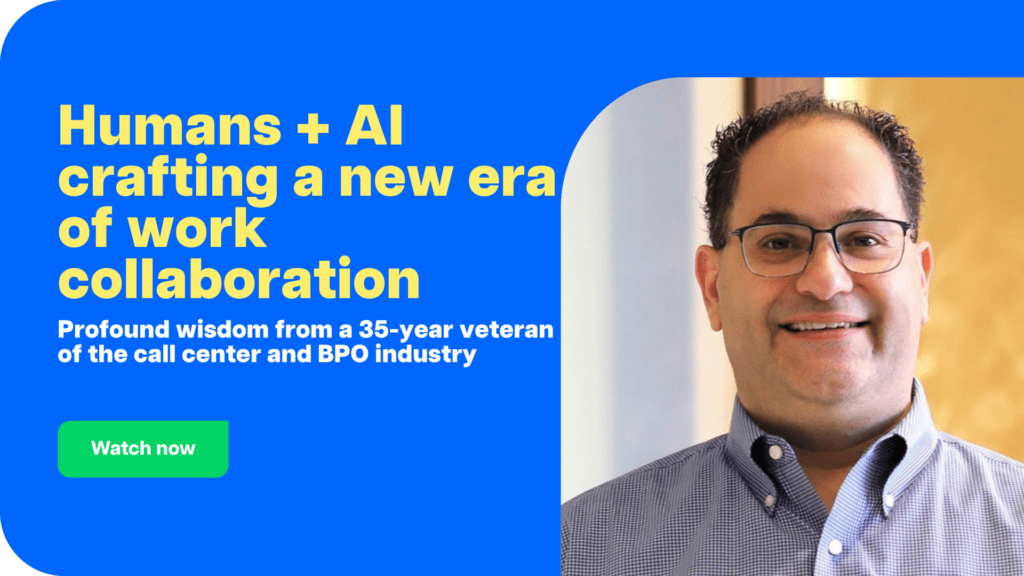Since co-founding Dropbox in 2007, CEO Drew Houston has seen notable changes in the technology sector. His experience navigating the changing digital landscape highlights two major developments that are transforming our interactions with technology and one another: the broad acceptance of remote work and the key shift towards embracing artificial intelligence (AI).
Dropbox’s stand against tech giants
Houston had to overcome obstacles in the beginning, one of which was a memorable meeting with Steve Jobs, who scornfully considered Dropbox to be a “feature” rather than a stand-alone product. Despite these obstacles, Dropbox has managed to stave off competition from industry titans such as Apple, Microsoft, and Google by emphasizing cross-platform compatibility and user-friendly design.
A strategic pivot to AI
Houston is leading Dropbox toward artificial intelligence integration in the future to improve the platform’s capacity to support users in maintaining their organization across various platforms and devices. By making this change, consumers’ interactions with their digital environments will be substantially improved rather than merely being in step with current technical developments. Houston takes a pragmatic approach to AI, eschewing hype in favor of useful solutions that address pressing issues.
The shift to remote work
The trend toward remote work has quickened because of the COVID-19 epidemic, which Dropbox welcomed by reimagining its working culture. Houston talked about the company’s shift to a “Virtual First” strategy, in which 90% of work is done remotely. This move has affected not just the physical location of Dropbox employees’ workspaces but also the way they operate, utilizing technology to sustain efficiency and teamwork.

The future of work and technology
Houston envisions a future where tools like Dropbox can solve not just technical challenges but also cognitive ones, such as information overload and inefficient work processes. By leveraging AI, Dropbox aims to offer more intuitive and integrated solutions, such as universal search features that span multiple platforms and data types.
Dropbox’s competitive edge
Dropbox maintains its success by upholding its fundamental values of simplicity, security, and platform neutrality in the face of intense competition. The leadership team in Houston places a strong emphasis on comprehending and meeting the demands of users, which keeps Dropbox relevant in an industry that is changing quickly.
Conclusion
Drawing from his ideas in Staying Ahead in a Changing World, Drew Houston shows us a leader who is actively guiding his organization’s response to new developments in AI and remote work, rather than just responding to changes as they happen. Houston is setting Dropbox up for success in the coming digital era by emphasizing user-centric design and strategic innovation.
Houston’s path and calculated choices demonstrate how crucial flexibility and foresight are to technological leadership. Even as it keeps changing, Dropbox is still a major force in the tech sector, teaching us important lessons about creativity and flexibility.


